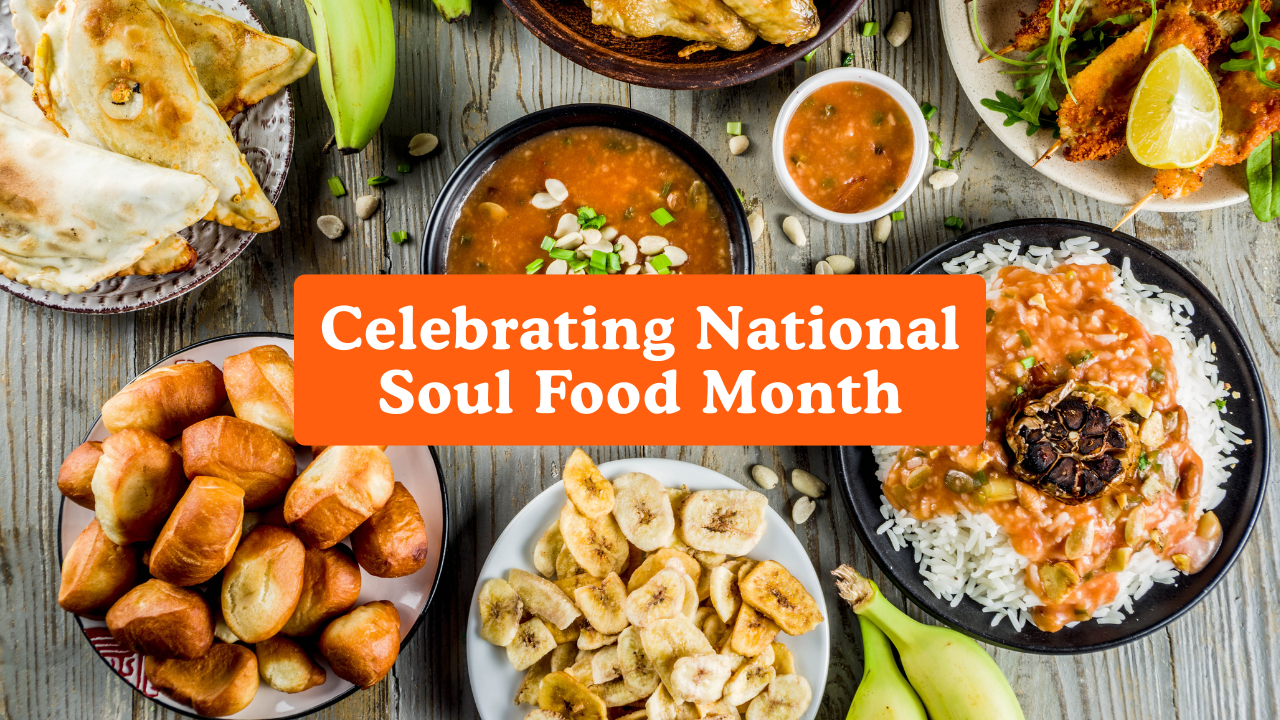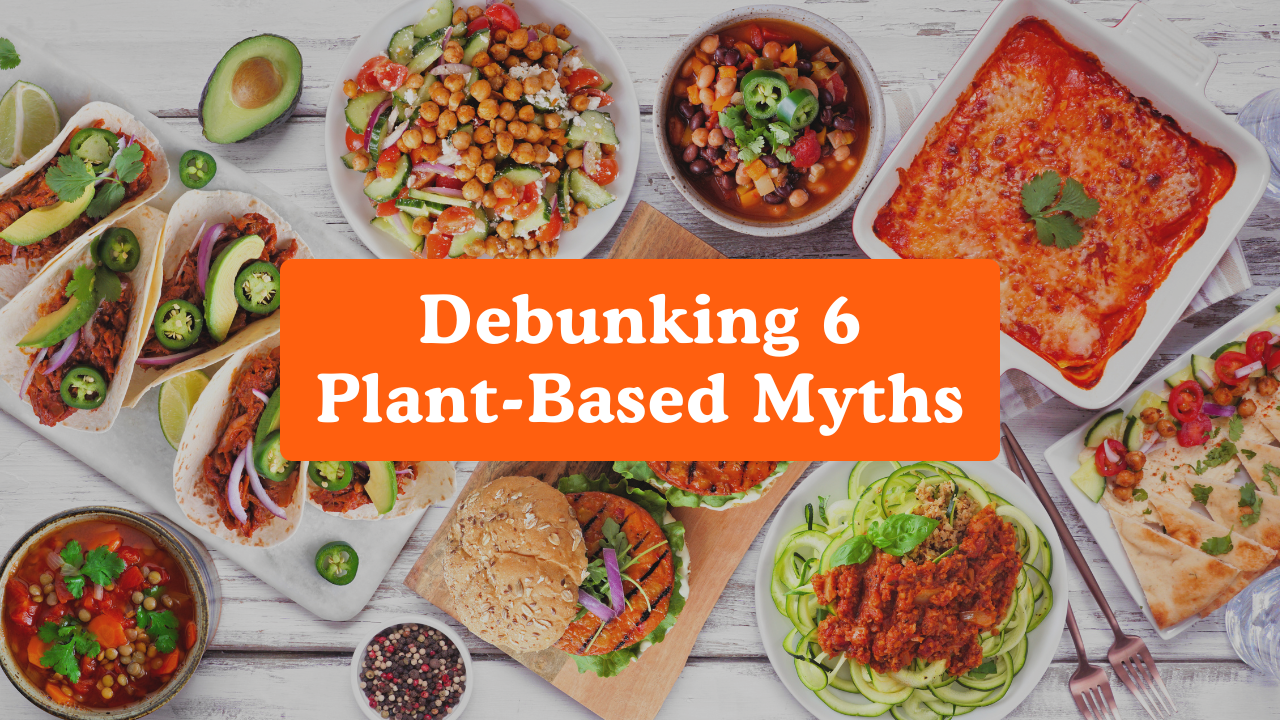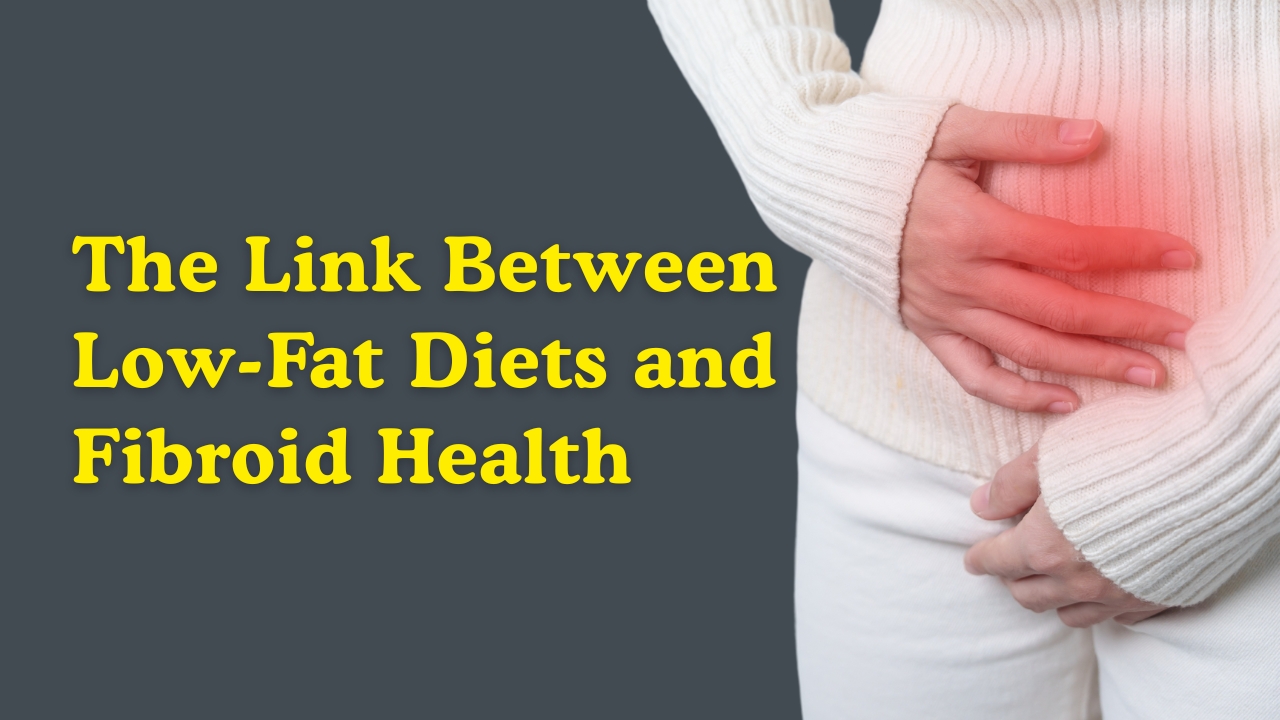When it comes to healthy eating, especially plant-based living, many people believe that results only come with perfection.
But here’s the truth, backed by research: you don’t need to be 100% plant-based to experience the powerful health benefits.
What matters most is consistency—making small, intentional choices over time that support your body, your goals, and your lifestyle.
Let’s break down why that is—and how you can start thriving, without the pressure of perfection.
The Problem with “All or Nothing”
In nutrition, all-or-nothing thinking is surprisingly common. One study published in Appetite (2021) found that rigid dietary control is linked to greater emotional eating and lower long-term adherence to healthy habits.
In real life, this shows up as:
- Guilt or shame after eating something “off-plan”
- Feeling like one slip-up cancels out all progress
- Quitting after not seeing immediate results
- A sense of failure if you’re not fully plant-based all the time
This mindset not only damages motivation—it can lead to burnout and disconnection from the why behind your health goals.
Progress Over Perfection: What the Research Shows
Let’s look at what science tells us about plant-forward eating:
✅ You don’t have to be 100% vegan to see results.
A 2023 review in The American Journal of Lifestyle Medicine confirms that even a predominantly plant-based diet is associated with lower risks of chronic diseases, including heart disease, Type 2 diabetes, and certain cancers.
✅ Flexibility improves long-term success.
A 2022 study in Nutrients found that individuals following a “flexitarian” pattern—where most but not all meals are plant-based—still gained substantial health benefits, including improved weight management and reduced inflammation.
✅ Small changes lead to big improvements.
According to the Blue Zones research (which studies communities with high longevity), the longest-living people eat mostly plants—especially beans, greens, and whole grains—but not necessarily exclusively.
The bottom line: it’s not about perfection, it’s about the pattern.
What Happens When You’re Consistent
You don’t need to overhaul your entire life to see change. Here’s what I’ve seen—both in the research and in my own clients:
- More energy and reduced fatigue
- Sharper focus and improved mood
- Healthier blood pressure and cholesterol
- Sustainable weight loss or maintenance
- Improved digestion and gut health
And these results often begin with simple, consistent shifts:
- Swapping dairy milk for plant milk
- Adding greens to your lunch plate
- Choosing beans instead of beef for one meal
- Drinking more water and herbal teas
- Cooking a plant-forward meal once a day
My Own Experience as a Physician and Plant-Based Advocate
When I transitioned to a plant-based lifestyle in my 50s, I didn’t do it overnight—and I didn’t do it perfectly.
But what I did was stay consistent.
I learned how to recreate my favorite soul food dishes in healthier, plant-based ways. I paid attention to how my body felt after each change.
I gave myself grace on the days I didn’t hit the mark.
And I began to thrive.
That’s why I now teach others to focus not on being perfect, but on building a realistic, sustainable routine that supports long-term wellness.
Tips for Staying Consistent (Without the Stress)
Whether you’re new to plant-based eating or trying to get back on track, here are some science-backed tips to stay consistent:
1. Batch Cook a Few Go-To Meals
Research shows that people are more likely to stick with healthy eating when meals are convenient and planned ahead. Try making a large pot of lentil soup or quinoa bowls to last through the week.
2. Keep Pantry Staples Handy
Stock up on canned beans, whole grains, frozen vegetables, and spices. It reduces decision fatigue and makes healthy cooking fast and easy.
3. Focus on “Crowding In”
Instead of thinking about what to eliminate, focus on adding more nutrient-dense foods like leafy greens, berries, legumes, and sweet potatoes—rich in antioxidants and fiber that support aging and hormone balance.
4. Practice Self-Compassion
Studies show that self-compassion is associated with better eating behaviors and less emotional eating.
Remind yourself: one “off” meal doesn’t undo your progress.
Key Ingredients for Healthy Aging and Longevity
If your goal is to age well and feel vibrant, research highlights these plant-based ingredients as longevity powerhouses:
- Cruciferous vegetables (broccoli, kale, cabbage): support detox and hormonal balance
- Berries: packed with polyphenols that protect the brain and heart
- Legumes: linked to longer life in multiple cultures
- Nuts and seeds: healthy fats for brain and skin health
- Whole grains: support stable blood sugar and gut health
- Turmeric & cinnamon: anti-inflammatory spices that enhance metabolic health
The Takeaway
You don’t have to go all-in on plant-based living to see a difference. You just have to take one step at a time—and keep going.
Because real wellness isn’t found in perfection.
It’s found in the choices you repeat day after day.
And when you stay consistent, those choices add up—to better energy, better aging, and a better relationship with your body and food.
Ready for More Guidance?
Want to learn more about how to eat, move, and live in a way that supports long-term vitality?
Join me for my free webinar: 👉 How to Eat, Move & Live for Healthy Aging

Let’s move beyond perfection together—and create habits that nourish you for the long haul.




